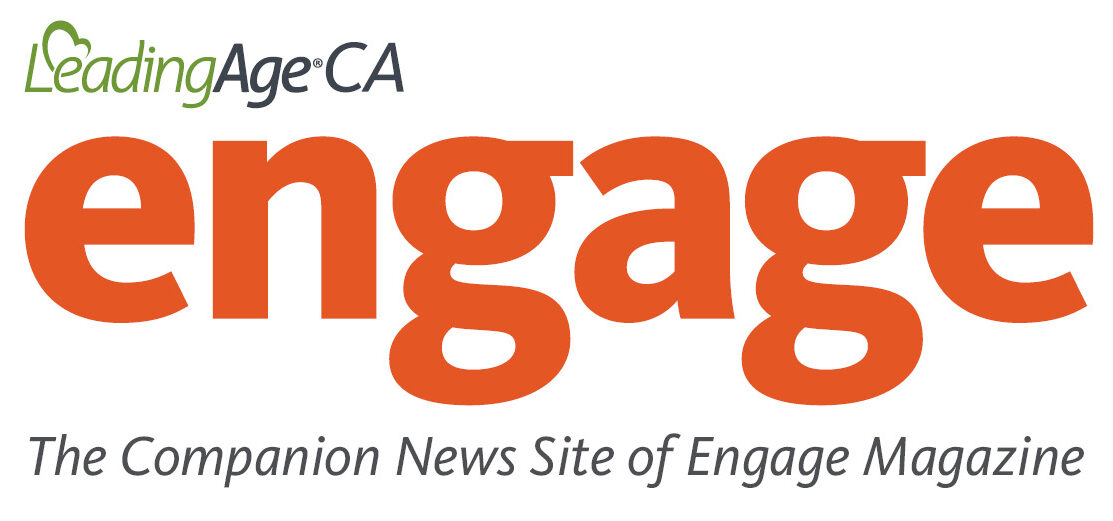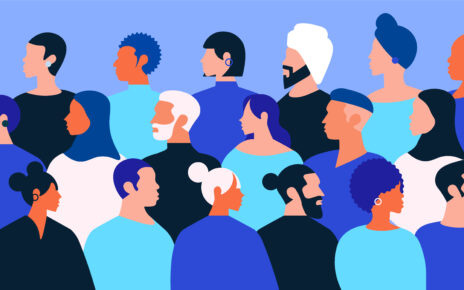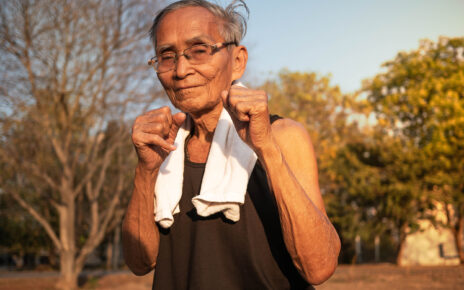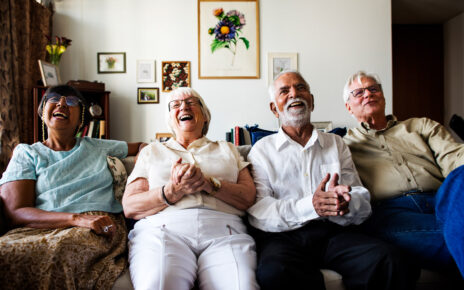Joshua Smith joined LeadingAge California in September 2021 as their new director of Diversity, Equity and Inclusion Initiatives. We sat down to chat about the rewards and challenges of DEI work and hear his perspective on what it means to practice true self-care.
What do you find rewarding about working in the DEI field?
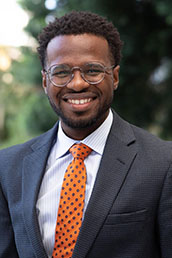 I have discovered the reward of DEI is the pursuit itself. By developing a broad enlightened outlook on humanity and cultures organizations with diverse teams simply perform better. We believe that the commitment to promoting more diversity, equity, and inclusion in our respective workspaces is a valuable lens to explore dynamic opportunities. Opportunities that could establish companies as innovative and compassionate leaders in their respective fields. This is soul work.
I have discovered the reward of DEI is the pursuit itself. By developing a broad enlightened outlook on humanity and cultures organizations with diverse teams simply perform better. We believe that the commitment to promoting more diversity, equity, and inclusion in our respective workspaces is a valuable lens to explore dynamic opportunities. Opportunities that could establish companies as innovative and compassionate leaders in their respective fields. This is soul work.
Experiences of mental health conditions can depend on many social and cultural factors. Can you talk about influences that shaped your own attitudes and perceptions around these issues?
Yes, a lot of these things have cultural underpinnings. I’m African American, and in my community, there has been a great stigma placed on mental health issues. If you have problems, either talk to your pastor or take a walk. But there seems to be a change underway. I’ll say this, going to therapy does not mean you’re inadequate. Reason with me. When Lebron James undergoes physical therapy does that mean he is an inadequate athlete? Of course not, it means to him what mental health should mean to us, which is you have suffered an injury and you need help and support to properly heal. Trauma is real and the body remembers everything. My hope is that conversations about mental health are ever-evolving, and at the forefront of our conversations in DEI.
Another factor is access to mental health resources – as DEI Director how would you like to help providers close some of those gaps for lower-income residents?
In December 2021, we launched our Diversity, Equity, and Inclusion webpage on the LeadingAge California website. In addition to cutting edge DEI scholarship, we strive to collect insights, tools and publish resources on a number of DEI-related topics, including mental health resources. As stated earlier, this is an important issue, and we need to work together to improve our quality of care. We provide access to this information and members will have an option to review and contribute provider-friendly tools on how to improve their DEI initiatives. We are excited about this database and would love to engage with our members on these kinds of projects.
Stereotypes run deep. How do you think providers can help residents and staff broaden their perspectives?
I strongly recommend all leaders take training in Implicit Bias. We all have biases; however, too little effort is made to identify how those opinions impact others. Some of these individuals’ biases enforce the inequity we experience in the status quo. Consequently, we’re encouraging providers and community members to explore their biases and to do the work to demystify their convictions. We are planning to develop and host such trainings in the future for our members.
How do you practice self-care?
It’s deep breaths and long loving looks. At its core, it’s searching and a love for oneself. And not in a vain, self-righteous way but a “rich intrinsic peace” kind of love. You’ve got to know that contrary to all opinions the thing that is “you” is profoundly valuable and vibrant. It has so much potential that you probably won’t cognitively understand the impact of its own existence. To understand yourself as something to be explored, to be recognized, and appreciated. A lot of folks don’t feel that way about themselves. You have gifts that can be honed, talents to be explored, ideas that can be shared. You most likely also have some things that must be confronted. That’s also part of self-care – being checked when you need it. I think those things in tandem with one another are ways of trying to go about practicing self-care.
Personally, I commit to daily meditation and love a good laugh.
